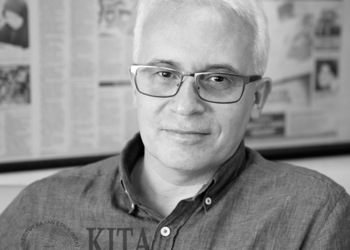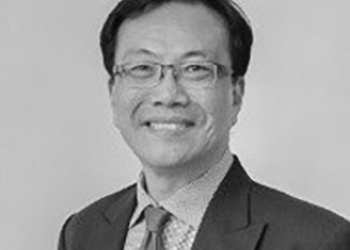SpeakersColloquium Panel
Peer-Review Board
Prof. Dr. Seyed Ghadiri
Aviation Management & Logistics
Prof. Dr. Seyed Ghadiri
Aviation Management & Logistics- Phone: +15908605264
- Email: apply@colloquiums.net
Prof. Dr. Timothy Rackett
Business and Management
Prof. Dr. Timothy Rackett
Business and Management- Phone: +15908605264
- Email: apply@colloquiums.net
Dr Rémy Auguste François
Education Sciences
Dr Rémy Auguste François
Education Sciences- Phone: +15908605264
- Email: apply@colloquiums.net
Prof. Dr. Eric Olmedo
Hospitality & Tourism
Prof. Dr. Eric Olmedo
Hospitality & Tourism- Phone: +15908605264
- Email: apply@colloquiums.net
Prof. Dr. Christopher Goh
Finance & Banking
Prof. Dr. Christopher Goh
Finance & Banking- Phone: +15908605264
- Email: apply@colloquiums.net
Prof. Dr.Sureswaran Ramadass
IT & Innovation
Prof. Dr.Sureswaran Ramadass
IT & Innovation- Phone: +15908605264
- Email: apply@colloquiums.net
If you have any Question?
Peer review is an essential component in publishing research. It’s a means to guarantee that only top-notch articles that outline reliable study techniques and findings are published.
The process includes both the Peer-Review Board and impartial professional reviewers who rate the articles that have been submitted. Peer-Review Board have the authority to advise the paper on whether they think an article should be accepted or rejected.
The main objectives of Peer Review is to ensure that the scientist candidates in practice research would: (a) comply with the International Research Standard; and (b) have in place proper evidence (including documentation systems) for maintaining the quality of research they perform.
Peer Review is directed towards the enhancement of quality of research by providing guidance to members to improve their performance and adhere to various statutory and other regulatory requirements.
A Peer-Review Council means a group of scientists, who are has a strong foundation of research and are approved by the Colloquiums Network.
For the Peer-Review Council, the Swiss Institute of Management and Innovation (SIMI Swiss); the Université Libérale de Paris (Paris-U); the London Academy of Sciences (LAS) will appoint members, who are scientists and have at least 10 years of expertise in scientific research. After being founded, this Peer-Review council is in charge of carrying out peer-review tasks in accordance with The Colloquiums Network’s Peer-Review Standards.
The Board shall consist of not less than 06 members to be appointed by the Council, of whom at least four shall be from amongst the Members of the Peer-Review Council.
The decision to send an article for full peer review is made by the Peer-Review Council after the paper has been submitted to the Colloquiums Network and has been reviewed. The article is only sent to two or more independent peer reviewers after passing the initial screening. The prre-reviewer will take into account the following factors:
- Is the manuscript of high enough caliber to be submitted for review by peers?
- Does it meet the journal’s objectives and scope, and has it complied with the style requirements and author instructions?
- Does it significantly advance the body of knowledge already in existence?
At the editor’s discretion, unsuitable articles may be rejected without peer review. The article will be sent for peer review if it clears these preliminary inspections.
Once an article has passed the initial screening process, it’s sent for peer review.
- The Peer-review Council receives a paper.
- The Peer-review Council checks the paper fits the research aims and scope.
- The Peer-review Council selects reviewers from the Peer-review Board (usually 2–3 of your peers) and they are sent the paper.
- The reviewers review the paper and provide the Peer-review Council with comments, suggestions and a recommendation (reject, revise or accept).
- The Peer-review Council checks the reviews and sends them to the author(s), with any additional guidance. If there are revisions the author(s) decide whether to make these and re-submit.
- Amendments are made and the paper is re-submitted.
- The paper is accepted, moves into recognized by the Colloquiums Network, or the award of the qualifications by the universities.
![The Colloquium [UK]](https://colloquium.uk/wp-content/uploads/2022/10/Colloqiums-for-EEH_red_white_800-1.png)
![The Colloquium [UK]](https://colloquium.uk/wp-content/uploads/2022/10/Colloqiums-for-EEH_red_800-1.png)